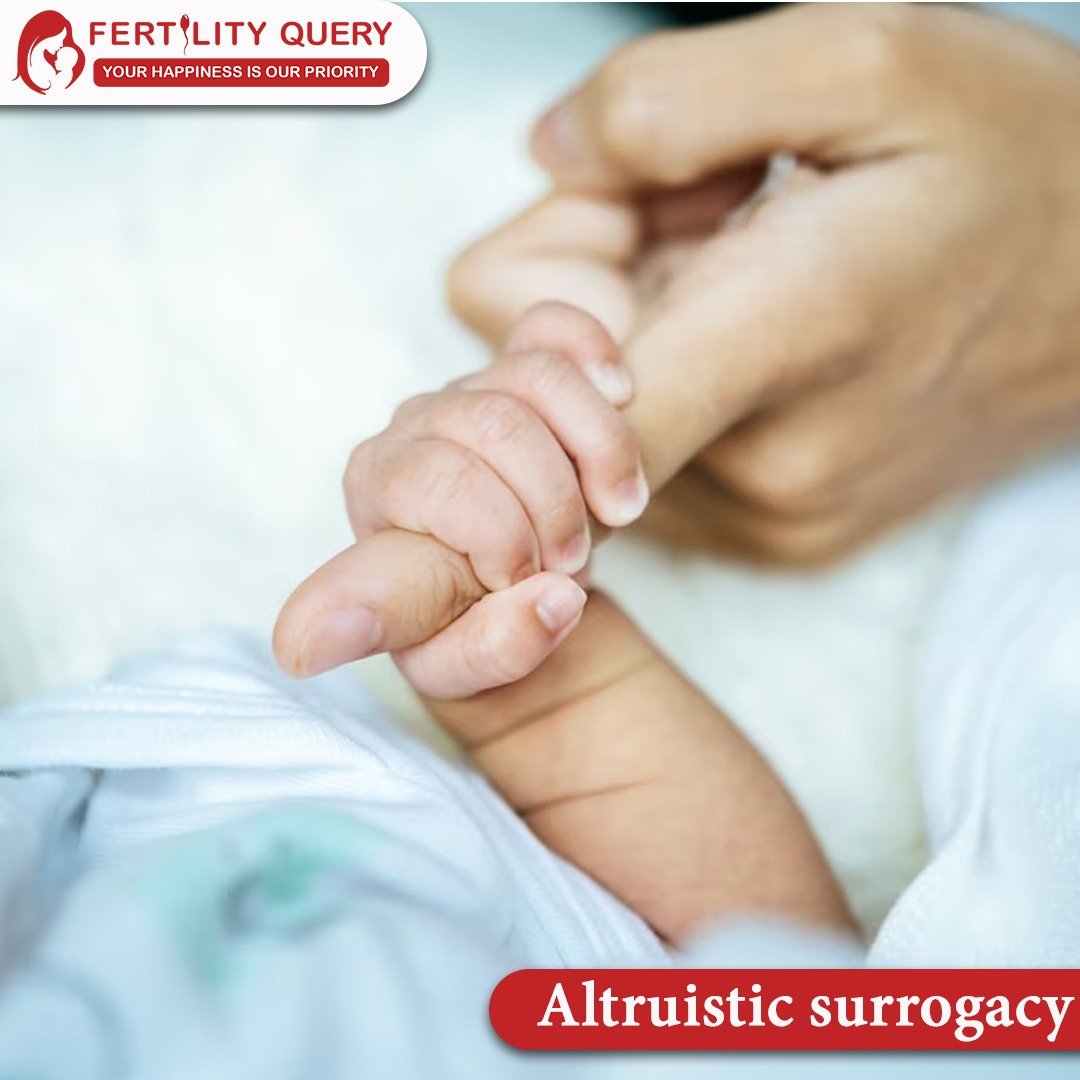
Best Altruistic Surrogacy Centre in Rajamahendravaram
Best Altruistic Surrogacy Centre in Rajamahendravaram provides fertility treatment options for couples who are facing difficulties in conceiving a child. One of the options available for couples who cannot carry a child is altruistic surrogacy. Altruistic surrogacy is a form of surrogacy in which a woman (the surrogate) carries a pregnancy for another person or couple (the intended parents) without receiving any monetary compensation. In this article, we will explore altruistic surrogacy in more detail and discuss its advantages and disadvantages.
What is Altruistic Surrogacy?
Altruistic surrogacy is a type of surrogacy arrangement in which a woman agrees to carry a pregnancy for another person or couple without receiving any monetary compensation. In most cases, the surrogate is a close friend or family member of the intended parents, although some surrogacy agencies also provide matching services to help intended parents find a suitable surrogate.
Advantages of Altruistic Surrogacy:
One of the main advantages of altruistic surrogacy is that it can be a more affordable option for intended parents compared to commercial surrogacy. Since the surrogate is not receiving any payment for her services, the intended parents only need to cover the medical expenses associated with the surrogacy arrangement. Additionally, since the surrogate is usually a close friend or family member, there may be a greater level of trust and emotional support throughout the surrogacy process.
Another advantage of altruistic surrogacy is that it can provide a sense of fulfilment for the surrogate. Many women choose to become surrogates because they want to help someone else have a child. Altruistic surrogacy can also be a way for surrogates to experience pregnancy and childbirth without the long-term commitment of raising a child.
Disadvantages of Altruistic Surrogacy:
One of the main disadvantages of altruistic surrogacy is that it can be a complex legal process. Since there is no financial compensation involved, the legal framework surrounding altruistic surrogacy can be unclear, and laws may vary from state to state or country to country. It is important for intended parents and surrogates to work with an experienced surrogacy attorney to ensure that all legal issues are properly addressed.
Another disadvantage of altruistic surrogacy is that it can be emotionally challenging for all parties involved. Surrogates may experience physical and emotional stress from carrying a pregnancy, while intended parents may feel anxiety and uncertainty about the outcome of the surrogacy process. Additionally, relationships between surrogates and intended parents may become strained if disagreements arise during the surrogacy process.
Conclusion:
Altruistic surrogacy can be a viable option for intended parents who are unable to conceive a child on their own. It can be a more affordable option compared to commercial surrogacy and can provide a sense of fulfilment for the surrogate. However, there are also legal and emotional challenges that should be considered before entering into an altruistic surrogacy arrangement. It is important for intended parents and surrogates to seek out professional guidance and support throughout the surrogacy process.



